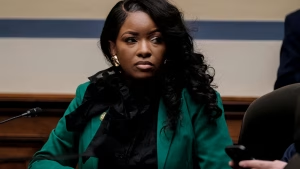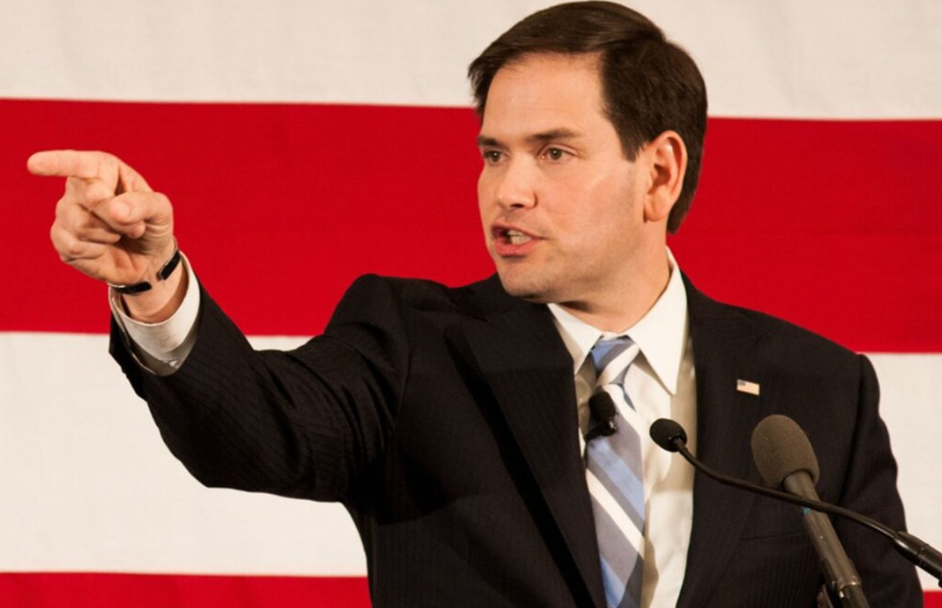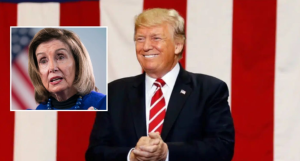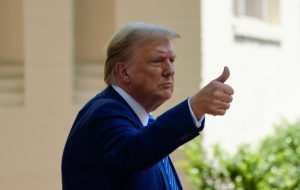Note: VIDEO at the end of the article.
Introduction
In a significant policy shift, U.S. Secretary of State Marco Rubio announced new visa restrictions targeting foreign officials alleged to be involved in censoring Americans’ free speech. This move underscores the Trump administration’s commitment to defending First Amendment rights beyond U.S. borders.Time
Policy Announcement
On May 28, 2025, Secretary Rubio declared that the U.S. would impose visa restrictions on foreign individuals and officials who are complicit in censoring Americans. “For too long, Americans have been fined, harassed, and even charged by foreign authorities for exercising their free speech rights,” Rubio stated on social media platform X. “Today, I am announcing a new visa restriction policy that will apply to foreign officials and persons who are complicit in censoring Americans.”
Scope and Implications
The policy aims to hold accountable not only officials from adversarial regimes but also those in allied nations who attempt to restrict the free expression of U.S. citizens abroad. Rubio emphasized that “free speech is essential to the American way of life – a birthright over which foreign governments have no authority.”
This initiative is part of a broader strategy by the Trump administration to counteract foreign censorship efforts that impact Americans. The administration has expressed concerns over international regulations, such as the European Union’s Digital Services Act, which mandates tech companies to combat hate speech and disinformation. U.S. officials argue that such measures can overreach and inadvertently suppress legitimate expression.
Reactions and Criticisms
The policy has garnered support from Republican lawmakers who view it as a necessary step to protect American citizens from foreign censorship. However, critics argue that the move could strain diplomatic relations with allied countries and may be seen as an overextension of U.S. authority. There are also concerns about the potential for reciprocal actions against U.S. officials and citizens.
Conclusion
Secretary Rubio’s announcement marks a significant development in U.S. foreign policy, reflecting a proactive stance in defending American free speech rights on the global stage. As the policy is implemented, its effectiveness and impact on international relations will be closely monitored.
https://www.youtube.com/watch?v=6R15P0Vbi3U
Fact Check
-
Claim: The U.S. has imposed visa restrictions on foreign officials involved in censoring Americans.
Verdict: True. Secretary of State Marco Rubio announced the policy on May 28, 2025, targeting foreign individuals complicit in censoring U.S. citizens. -
Claim: The policy applies to officials from both adversarial and allied nations.
Verdict: True. The policy aims to hold accountable any foreign officials, regardless of their country’s relationship with the U.S., who attempt to restrict Americans’ free expression. -
Claim: The policy is a response to the European Union’s Digital Services Act.
Verdict: Partially True. While the policy is not solely a response to the Digital Services Act, U.S. officials have expressed concerns that such international regulations could overreach and suppress legitimate expression. TimeThe Guardian+1CiberCuba+1 -
Claim: The policy has been universally welcomed.
Verdict: False. While it has received support from some lawmakers, critics argue that it could strain diplomatic relations and may be seen as an overextension of U.S. authority.









